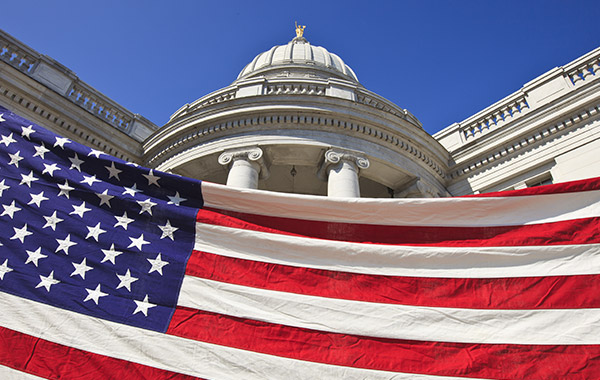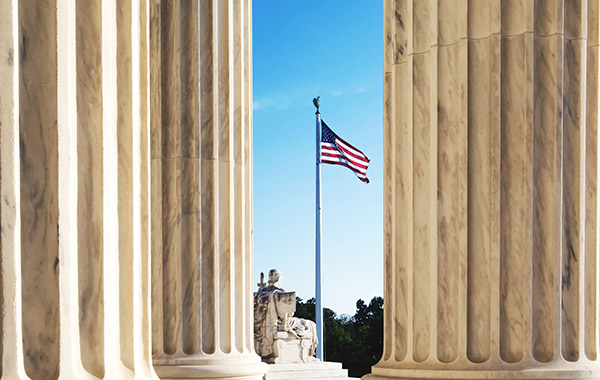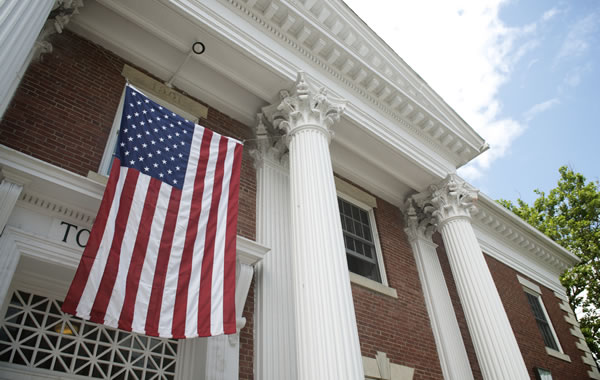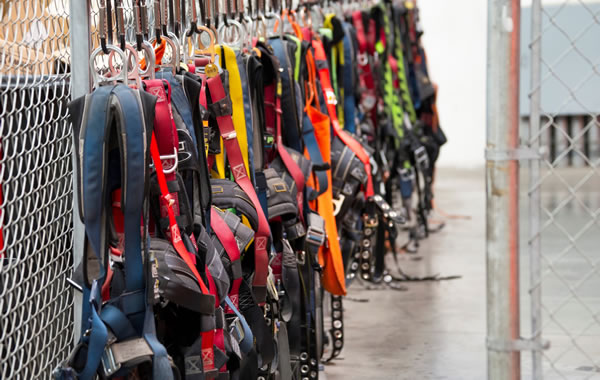Government Contracting Database
Superior Knowledge
Under the “superior knowledge doctrine,” a contracting agency has an implied duty to disclose to a contractor “otherwise unavailable information” of novel matter vital to the performance of the contract where (1) “a contractor undertook to perform without vital knowledge of a fact that affects performance costs or duration;” (2) “the government was aware the contractor had no knowledge of and had no reason to obtain such information;” (3) “any contract specification supplied misled the contractor or did not put it on notice to inquire;” and (4) “the government failed to provide the relevant information.” Fed. Grp., Inc. v. United States, 67 Fed. Cl. 87, 100 (2005). Appeal of Am. Ordnance LLC, ASBCA No. 54718, 10-1 BCA ¶ 34386; J. F. Shea Company, Inc., 4 Cl. Ct. 46 (1983); Tyroc Construction Corporation, EBCA No. 210-3-82, 84-2 BCA ¶ 17,308; Joseph A. Cairone, Inc., ASBCA No. 20504, 81-2 BCA ¶ 15,220; Commercial Mechanical Contractors, Inc., ASBCA No. 25695, 83-2 BCA ¶ 16,768. The contractor is entitled to recover the increased costs resulting therefrom.
A cause of action for failure to disclose superior knowledge is grounded in the government’s warranty of its contract specifications. It is therefore settled that the government has a duty at the time of bidding to disclose information which is critical to the contractor’s evaluation of its performance risks. Appeal of Am. Ordnance LLC, ASBCA No. 54718, 10-1 BCA ¶ 34386; Hardeman-Monier-Hutcherson v. United States, 458 F.2d 1364, 1370 (Ct.Cl. 1972); Helene Curtis Industries, Inc. v. United States, 312 F.2d 774, 777 (Ct.Cl. 1973); AAAA Enterprises, Inc., ASBCA No. 28172, 86-1 BCA ¶ 18,628.
When the government fails to discharge its duty and the contractor is misled to its detriment by the nondisclosure, the government is liable for breach of contract. Appeal of Am. Ordnance LLC, ASBCA No. 54718, 10-1 BCA ¶ 34386; Leal v. United States, 276 F.2d 378 (Ct.Cl. 1960); Gordon H. Ball, Inc., ENGBCA No. 3563, 78-1 BCA ¶ 13,055. As the Board noted in Pacific Western Construction, courts have made it “abundantly clear that the duty of the government to disclose all data in its possession is not a duty which is lightly to be avoided. This is true even if the government is of the opinion that some element of that data is inconsequential.” 82-2 BCA ¶ 16,045 (citing Christie v. United States, 237 U.S. 234 (1915)). The failure to disclose “superior knowledge” places the government in the position of having to assume the risk that the contract might be impossible to perform as planned by the contractor. Helene Curtis Industries, Inc. v. United States, 160 CT.Cl. 437, 312 P. 2d 774 (1963).
Updated: July 6, 2018
Looking for additional government contracting resources?
Search Our Database





























